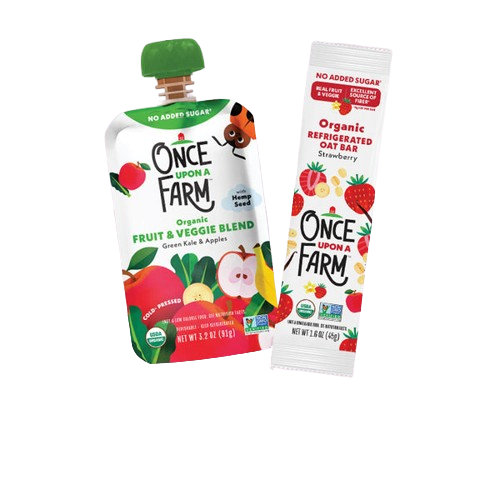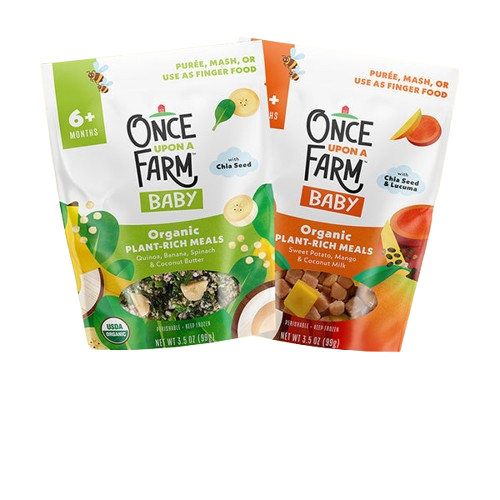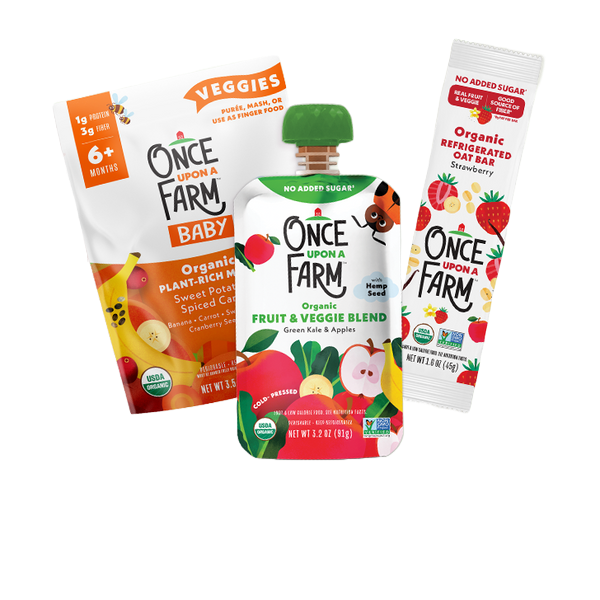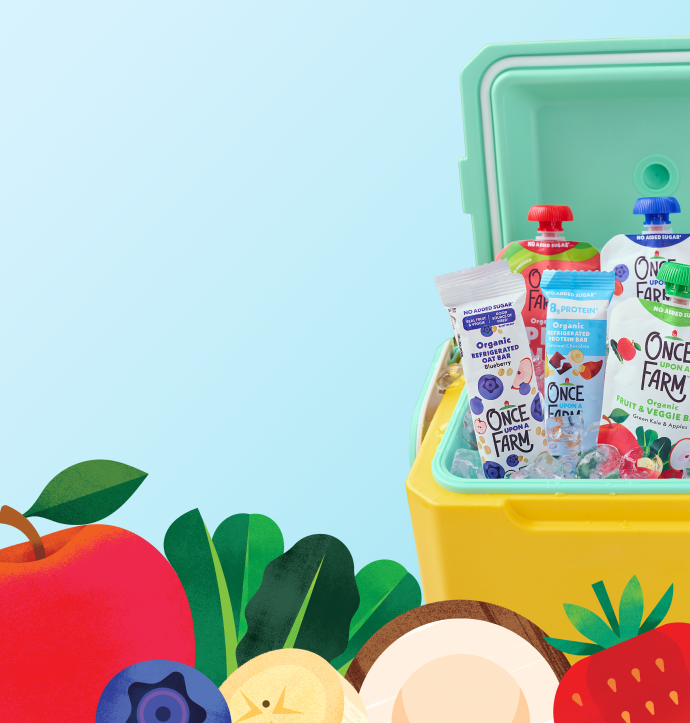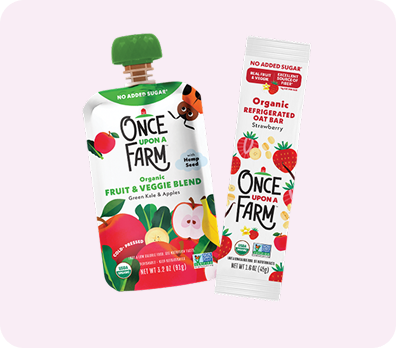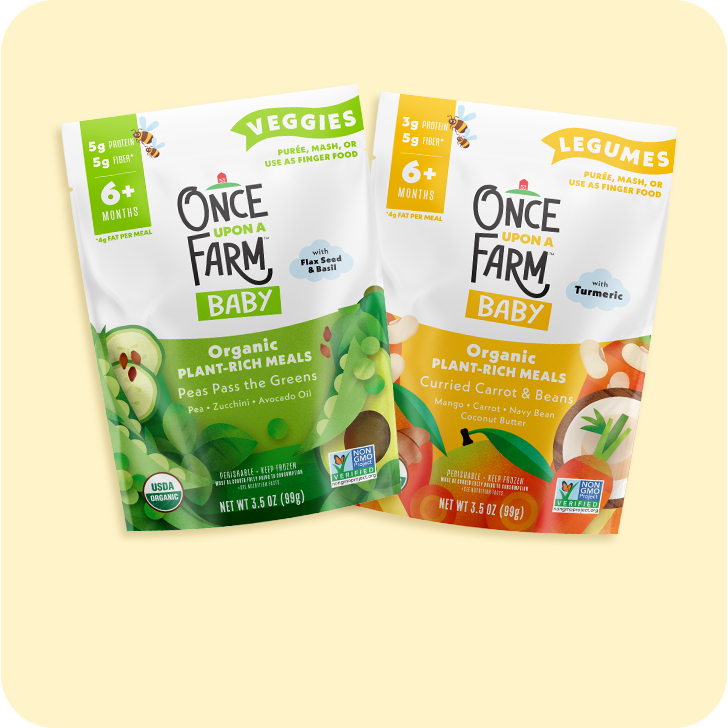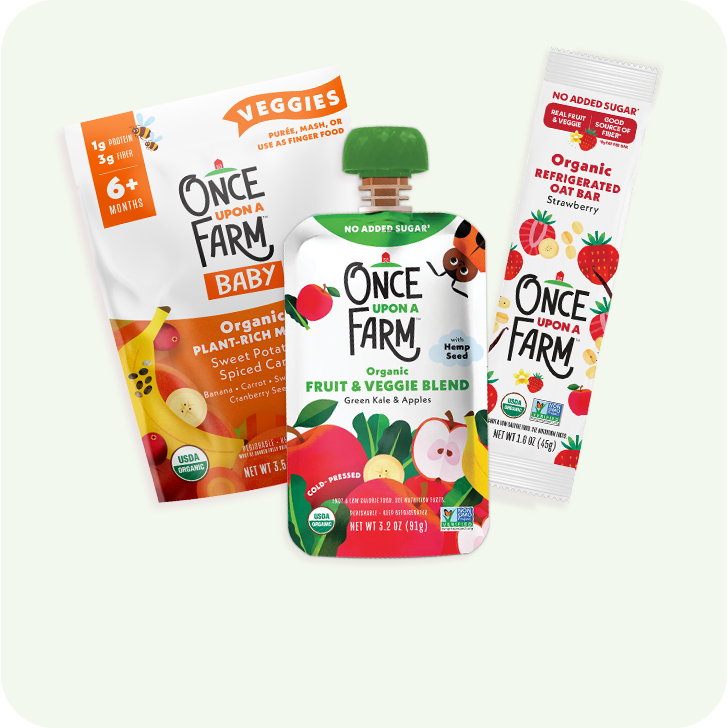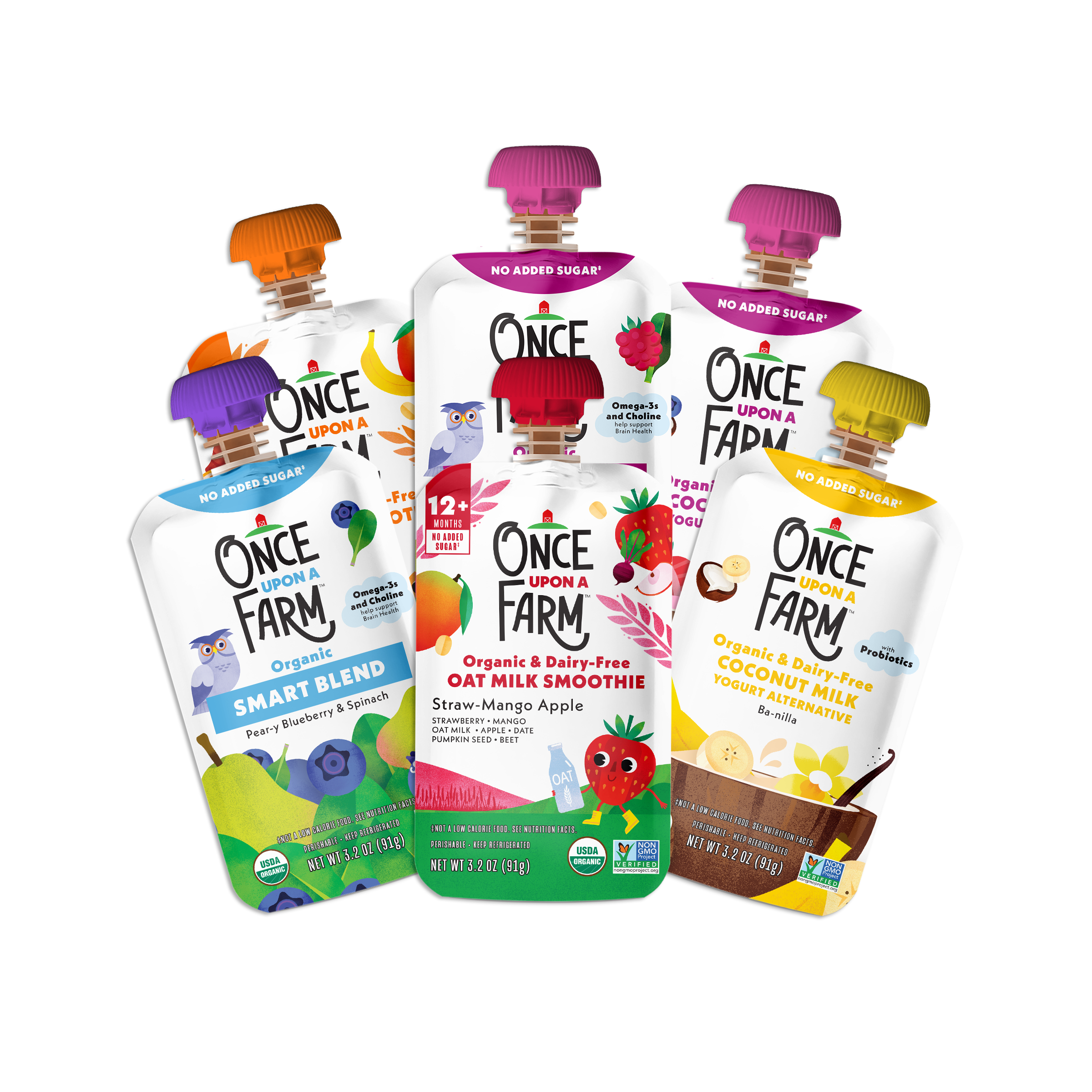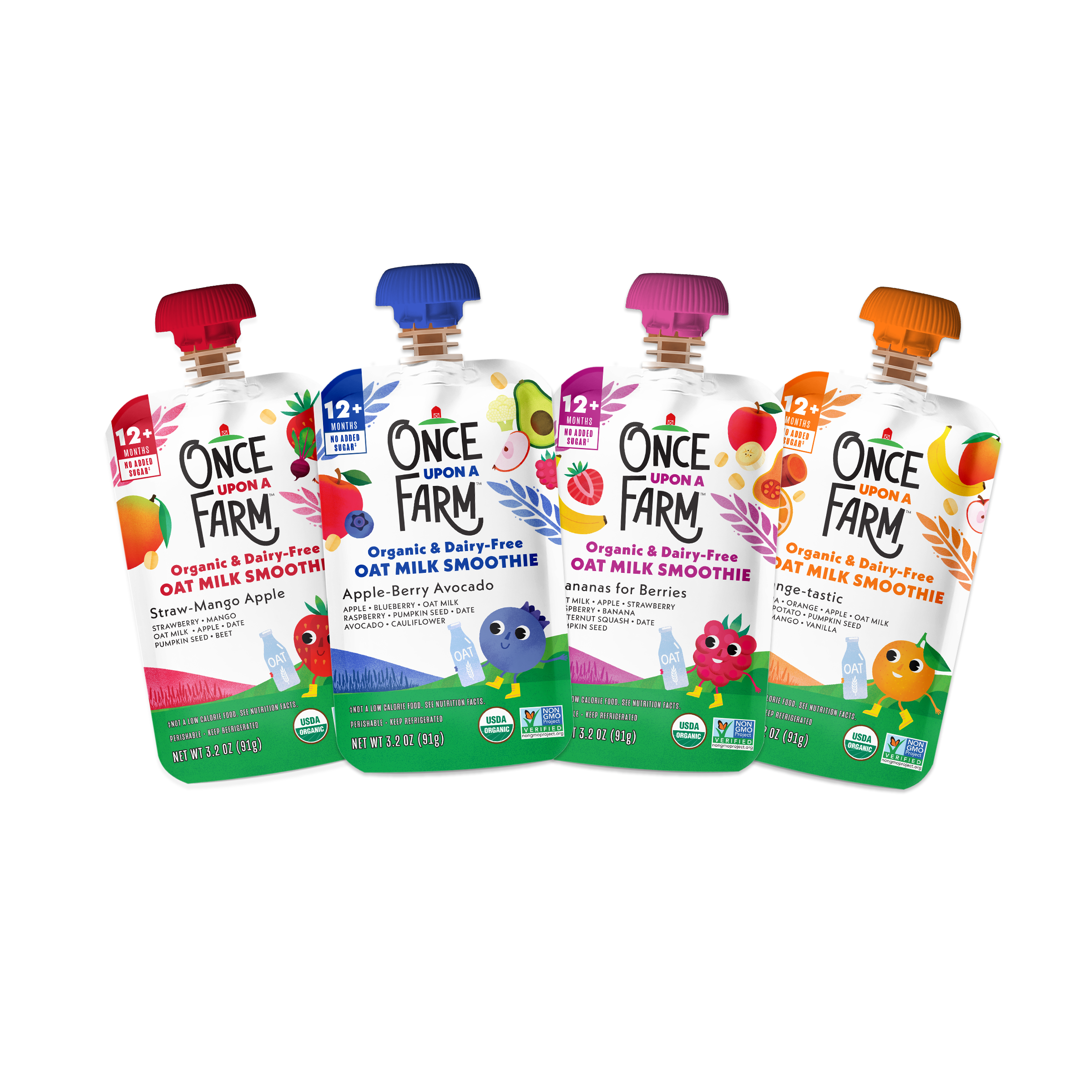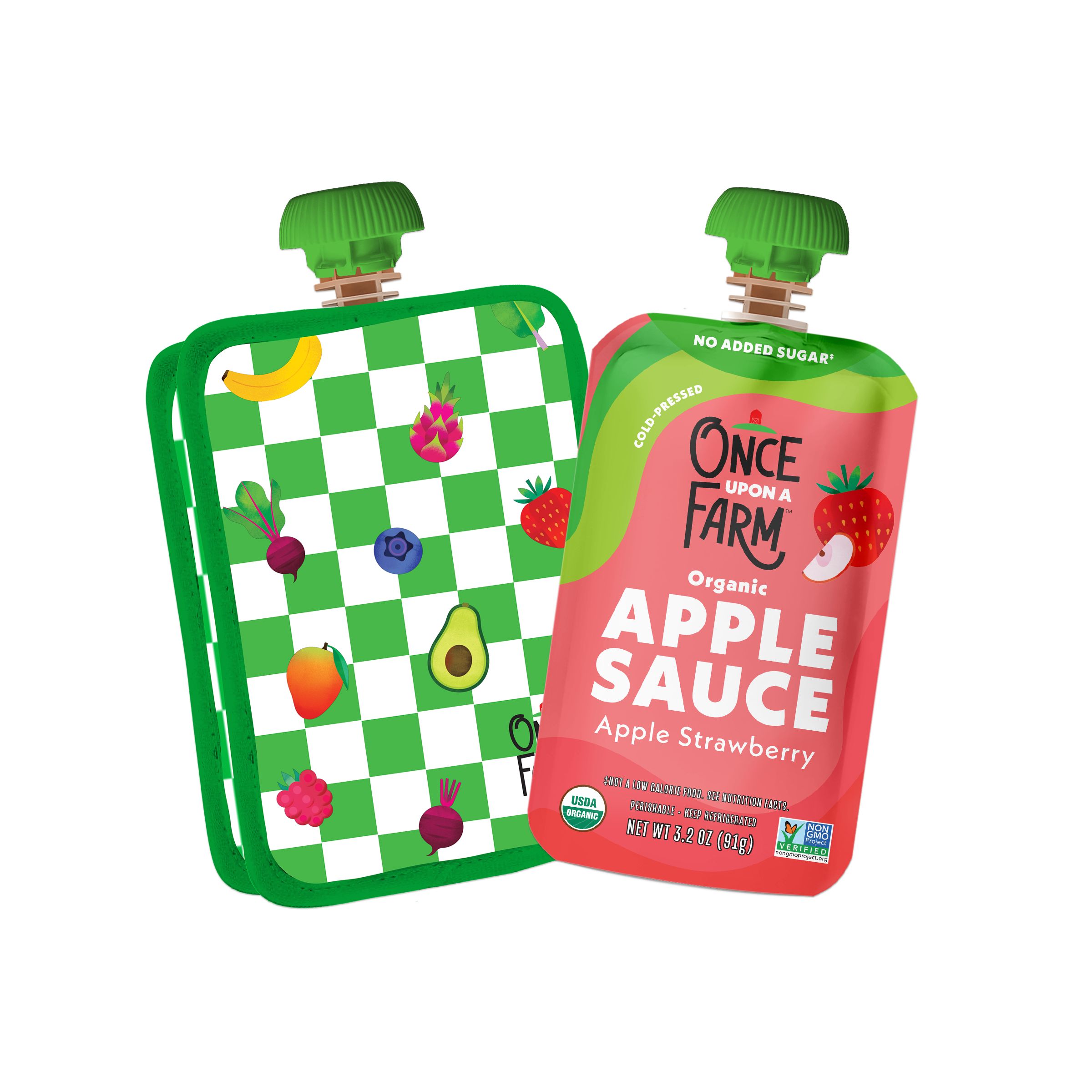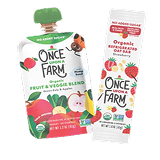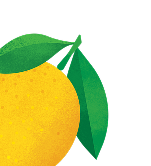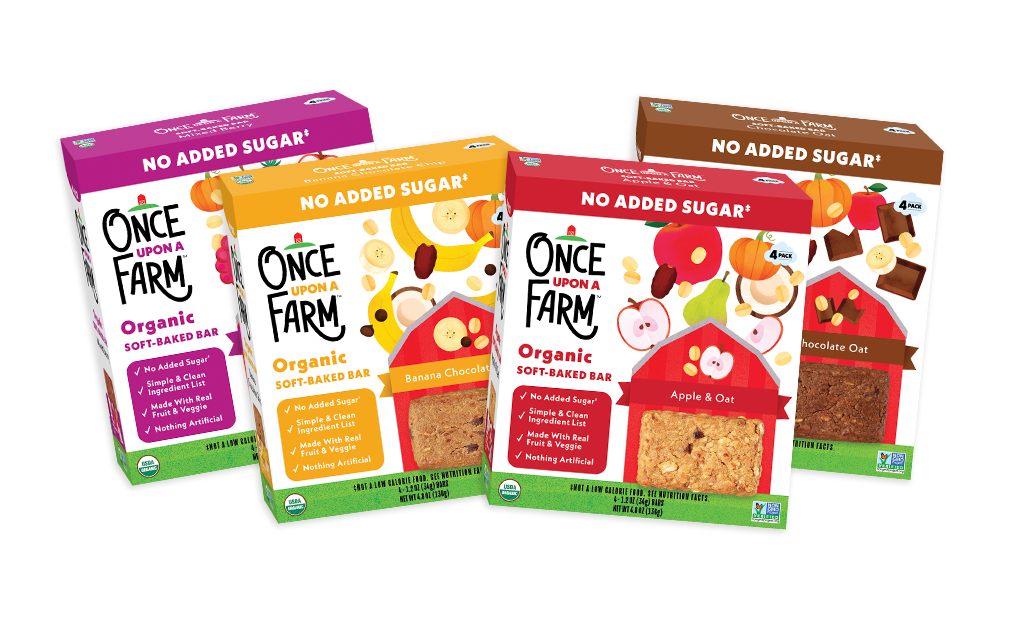Note: This blog is not medical advice and is for informational purposes only. For any specific nutrition recommendations or questions, please refer to your child’s pediatrician or healthcare provider.
Gut health is having a heyday, and for good reason—it’s essential to our overall health. Everywhere you look, there’s a slew of products aimed at improving your gut health. Cue probiotics.
Probiotics are healthy bacteria that naturally occur in foods and are available via other products, including supplements. For kids, as with adults, probiotics help support regularity, easy digestion, and overall health.
Probiotic Foods vs. Supplements
As microbiome expert Suzanne Devkota, PhD tells us, “Bacteria are everywhere and on almost every food we eat.” We acquire our microbiome through exposure to the world (new people, new pets, new environments—and yes, new foods.) “This is how we evolved,” she says, “so natural colonization of the gut is the most efficient, i.e., through foods.” In some cases, Dr. Devkota explains, “Children may have had multiple antibiotics early in life or developed some allergy that has perturbed normal colonization of their gut and in this case taking a probiotic supplement can be helpful.”
Recommended Daily Intake
There is no recommended daily amount of probiotics recommended, Dr. Devkota says. However, "whether you are taking a probiotic supplement or your child is getting it in their food, you do want to ensure they’re taking in those probiotics daily.” This is because “you need to continually seed the gut with these probiotics until they grow and take root.”
The Best Sources of Probiotics for Kids
Pediatric Registered Dietitian Nutritionist Kacie Barnes, MCN, RDN, LD says, “one of the best probiotic foods for kids is yogurt. It’s well-liked by kids and is an easy way to weave probiotics into their diet.” Other kid-friendly sources include:
- Non-dairy yogurts with added probiotics (e.g. Once Upon a Farm Dairy-Free Coconut Milk Yogurt Alternative)
- Kefir (Fermented milk drink)
- Tempeh
- Some cheeses (e.g. cottage cheese)
- Fermented veggies (e.g. pickles)
Barnes also recommends Once Upon a Farm pouches that have probiotics in them, including the Advanced Nutrition Blends and the Immunity Blends. They are an “easy and delicious way to get your kids eating probiotics!” And bonus points for prebiotics (plant fibers), which help feed the good bacteria introduced through probiotics. As Barnes points out, “the Once Upon a Farm Pineapple, Banana and Dragon Fruit Immunity Blend contains both ingredients with prebiotics (banana and spinach) and added probiotics. This combination helps the probiotics do their job in the body!”
Luckily, for most parents reading this, your little one is likely already getting their probiotics (hello, yogurt). If not, it’s incredibly easy to add some of the foods listed above into their diet and know that you’re supporting their gut–and overall–health.

